On Monday, 27 October, 2014, the judging panel for the 2013-14 Governor-General’s Prize met in Brisbane and recommended that the following awards be made.
George Winterton Cup for First Prize, and $4,000 in prize money
Mr Bowen Fox (University of Sydney)
Equal Second Prize, each receiving $3,000 in prize money
Mr Daniel Nash (Monash University)
Mr Freeman Zhong (Monash University)
Finalists, each receiving $2,000 in prize money
Ms Rosalind Acland (University of New South Wales)
Mr Henry Cornwell (University of New South Wales)
Mr Robin Stringer (University of Adelaide)
The judging panel was constituted as follows:
- The Hon. Justice Susan Kiefel AC (Chair)
High Court of Australia - Professor Nicholas Aroney
Australian Research Council Future Fellow, University of Queensland - Mr George Harris
Partner, Baker & McKenzie - Ms Shireen Morris
Policy Advisor and Constitutional Reform Research Fellow, Cape York Institute
The prizes will be presented at a cocktail reception to celebrate the tenth year of the Governor-General’s Prize, which will be held in the Great Hall of the High Court of Australia, Canberra, on 10 February, 2015.
The 2013-14 Governor-General’s Prize is sponsored by Reconciliation Australia, trading as Recognise, providing education on the proposed referendum for constitutional recognition of the Aboriginal & Torres Strait Islander Peoples.
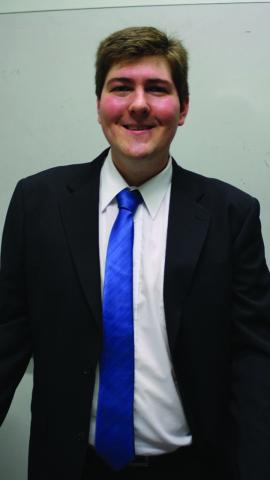 Bowen Fox
Bowen Fox
University of Sydney
Bachelor of International Global Studies and Bachelor of Laws
George Winterton Cup and first prize for an essay on
This essay analysed s 51(xxvi) of the Constitution in light of the High Court’s decision in Kartinyeri. Readers found that this essay was clear, well-structured and put forward a cohesive argument both in favour of the inquiry and the position being advanced. It moved clearly and succinctly through the different components of s 51(xxvi) that contribute to the overall ambit of the power, and was forward-thinking in relation to the possibility of a more developed “manifest abuse” test in the future. It was noted that the written expression was well beyond that of an undergraduate, and demonstrated the hallmarks of a professional, which the judging panel found quite remarkable in an undergraduate.
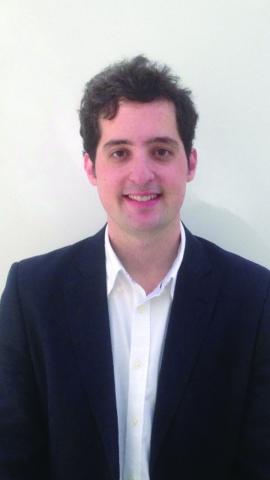 Daniel Nash
Daniel Nash
Monash University
Bachelor of Arts and Bachelor of Laws
Equal second prize
This essay also addressed the uncertain ambit of s 51(xxvi). It noted that the essence of laws made under the “race” power is discrimination and, while noting the dearth of judicial guidance on how to interpret a section following a constitutional amendment, argued that to limit the power solely to laws which benefit a particular race would run contrary to the terms of the constitutional text. The author concluded that the power remains plenary and permits the enactment of legislation which is both beneficial and detrimental to a particular race. This paper was clearly written and structured, balanced in its approach, and provided a thorough analysis of the current legal position regarding the “race” power.
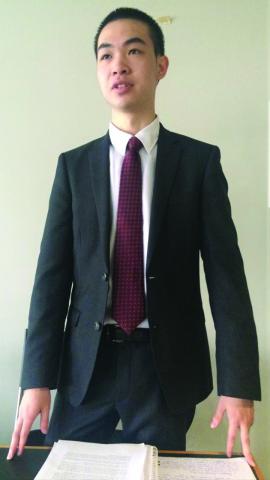 Freeman Zhong
Freeman Zhong
Monash University
Bachelor of Arts and Bachelor of Laws
Equal second prize
This essay examined the Expert Panel’s proposal to insert a racial non-discrimination clause into the Constitution. It was original, and demonstrated both a critical and well-structured analysis. Although it focussed on a general and largely theoretical approach to the merits of constitutional vs legislative rights, and was not as strongly tied to the specifics of race or Indigenous issues as other answers, it still demonstrated a sufficient awareness of key legislation and policies on Australian Indigenous issues.
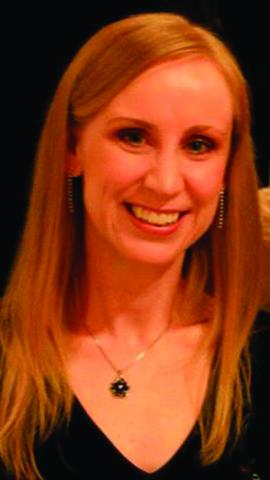 Rosalind Acland
Rosalind Acland
University of New South Wales
Juris Doctor
Finalist
This essay offered a comparative study of the circumstances of the referendum held in 1967, and the proposed referendum on indigenous recognition. Despite a few oversimplifications, the essay tackled the question in a nuanced manner that the readers found highly readable.
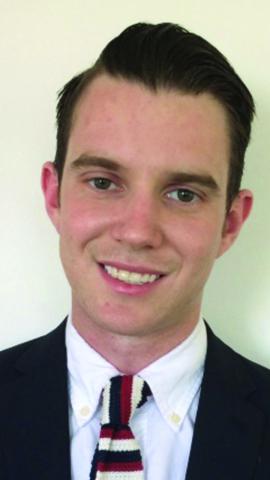 Robin Stringer
Robin Stringer
University of Adelaide
Bachelor of Medicine and Bachelor of Surgery
Finalist
This essay offered an analysis of the Constitution’s approach to racially based electoral laws of State parliaments. The readers thought that it displayed a more perceptive understanding of the effect of s 25, as a matter of constitutional interpretation, than most other candidates. It engaged critically with competing viewpoints by discussing the arguments for and against each position. This distinguished the candidate from many other essays, which merely recited academic vox pops as a substitute for original analysis.
 Henry Cornwell
Henry Cornwell
University of New South Wales
Bachelor of Arts and Bachelor of Laws
Finalist
This essay took Tony Abbott’s remarks in the House of Representatives about the Treaty of Waitangi as an opportunity to consider the possibility of a treaty being concluded with Australia’s indigenous peoples. Despite some lapses into academic jargon, the readers found that a compelling argument is sustained in a sophisticated fashion.

